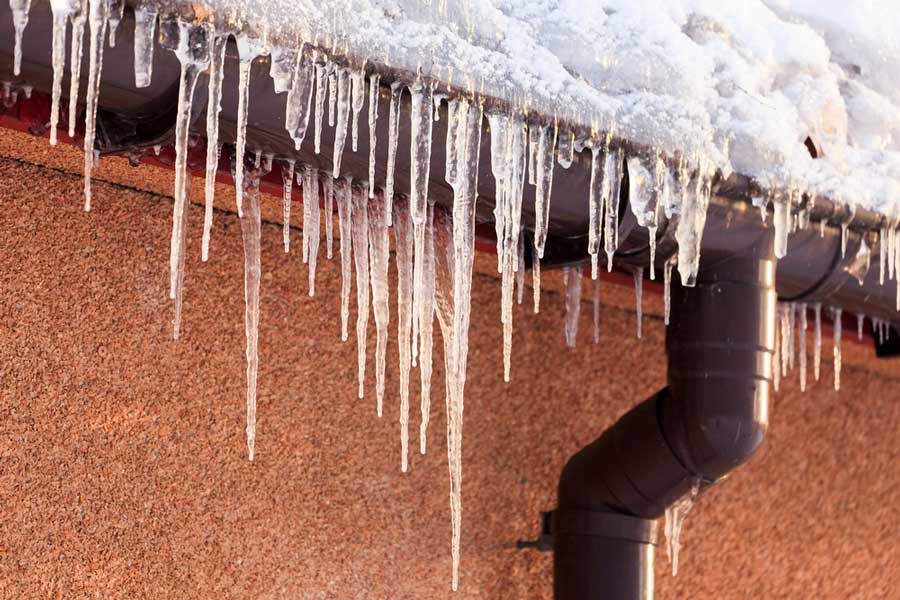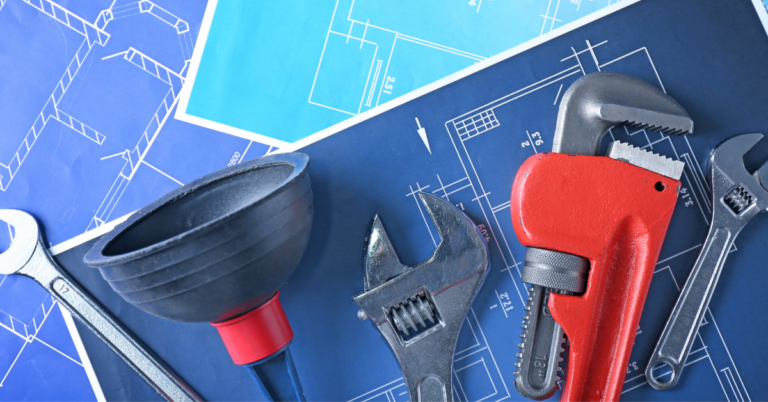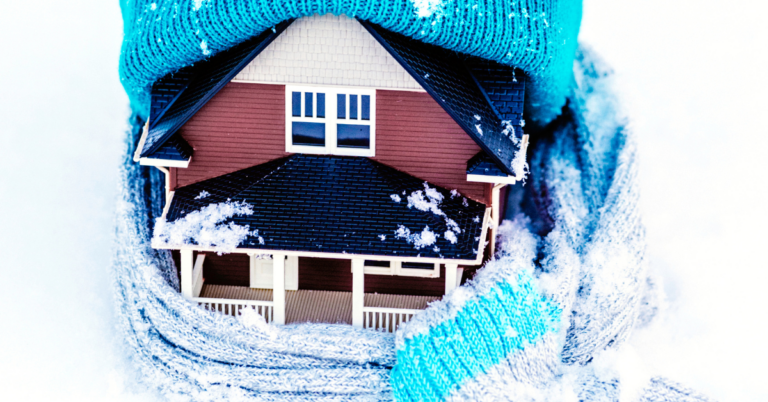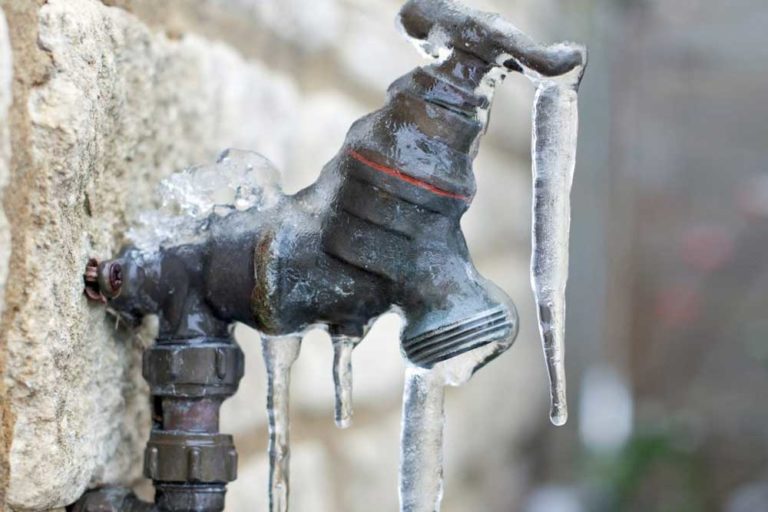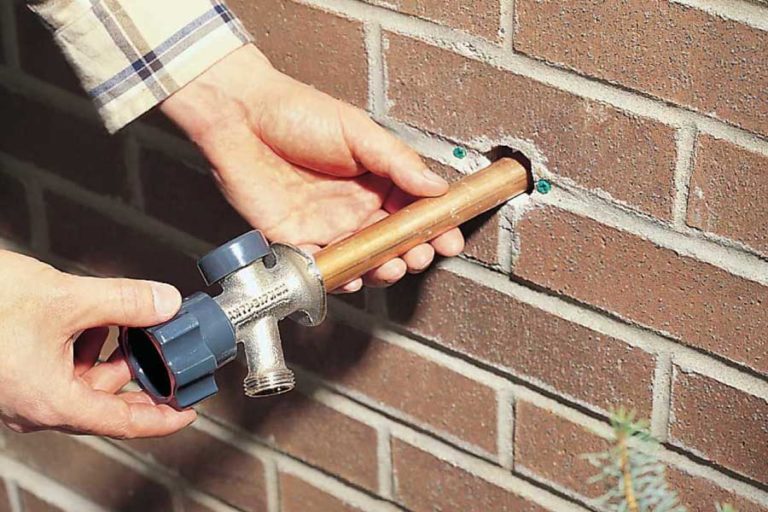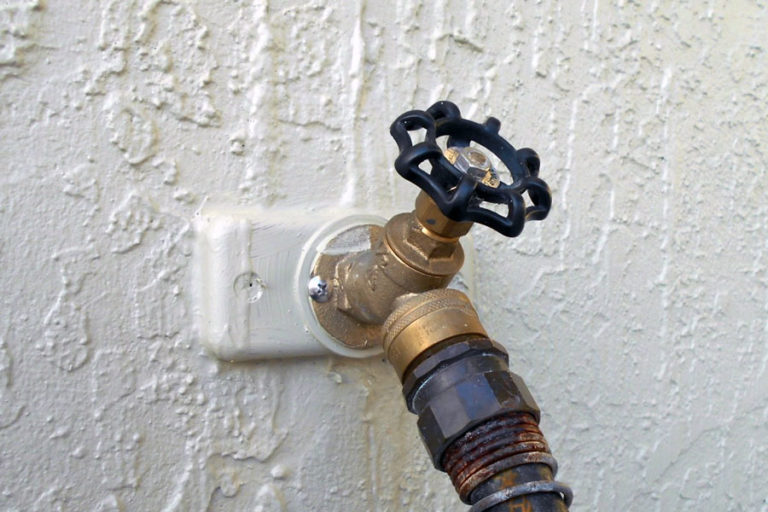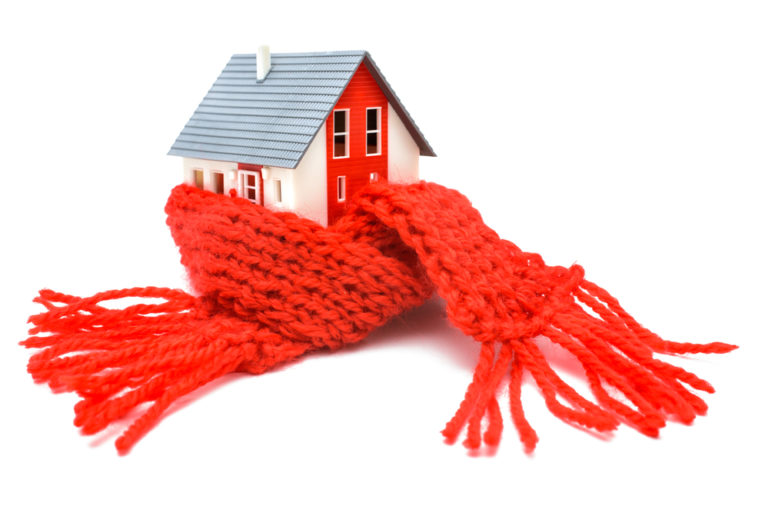How To Winterize A House for Complete Protection
Do you need to winterize your home?
Many disasters caused by winter weather conditions — like those that have occurred from the unprecedented winter storm in Texas — can be prevented by knowing how to winterize a house.
Although it’s hard to think about such things during warmer months, it’s important to prepare for when the colder weather arrives. The billions of dollars in damage caused by long periods of low or freezing temperatures have proven that it’s never too late to be prepared.
The Most Common Causes of Winter Damage
Ice dams, burst pipes, loss from fires and wind damage from snow or ice. Even after a freeze, melting snow can keep causing damage. These are all common causes of damage to your home during cold snaps. The two most common causes of catastrophic loss from winter are:
• Pipes that freeze and burst
• Water damage
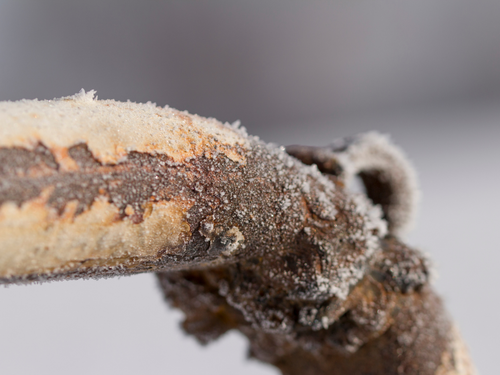
Get Covered Before You Winterize
It’s important for homeowners to carefully review their insurance policies before winter arrives to understand what is covered. Ample coverage for rebuilding a home and replacing all the belongings in it is crucial.
Consider purchasing sewer backup insurance; it can save you thousands of dollars as waste water damage can be extremely expensive.

How to Winterize a Home
There are several ways to prepare a home for winter and the damage it usually brings. Consider the following tips:
Winterize a Home – Outside Your House
- Clean out all gutters. It’s important to remove all sticks, leaves and debris. This helps the melting ice and snow flow smoothly. It also prevents ice collecting and forming a dam, which can result in water seeping into the house’s ceilings and walls.
- Keep trees and branches trimmed. When branches hang over houses during the winter, they’re likely to accumulate snow and ice, which may make them break. Branches falling on homes can cause significant amounts of damage. They may also hurt people who enter the property.
- Use gutter guards. These guards are useful for preventing interference of water flow from debris.
- Seal exterior cracks and holes. Caulk all holes and cracks to ensure that melted snow and wind can’t enter the home.
- Keep steps and handrails safe. It’s important to ensure that steps and banisters are sturdy. If they accumulate snow or ice, they can contribute to serious injuries.
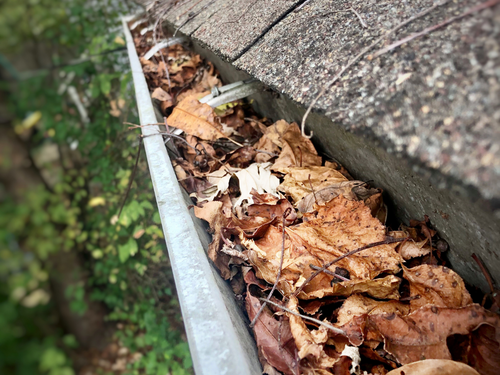
Winterize a Home – Inside Your House
- Use insulation liberally. Homeowners should add extra insulation to basements, attics and crawl spaces. When heat escapes through the roof, it contributes to ice and snow melting faster. As the moisture melts, re-freezes and accumulates, it can cause a roof to collapse.
- Maintain a warm temperature. It’s best to keep the thermostat at 65 degrees minimum to prevent pipes from freezing. That’s especially true if you leave your home for any prolonged period of time. The temperature in the walls is always colder than the temperature in the house.
- Learn how to shut off your main water supply. Homeowners should know how to do this, and they should know where their pipes are located. When pipes freeze, it’s imperative to act quickly. When going away for an extended time, it’s best to have someone look after the home or have a service professional drain the system.
- Install an emergency pressure release valve. Add this and you will have a home plumbing system that protects against increasing pressure from frozen pipes.
- Use professionals. Unless your a master handyman (if you are, give us a call!), the only way to ensure a safe home is to have experts look at it. With so many different components and complex systems running your home, it’s difficult for any one person to handle it all. So let a professional identify and repair minor problems before they become major disasters. Knowing that your structure, heating, fire protection, plumbing and more are sound and secure will give you a big sigh of relief.
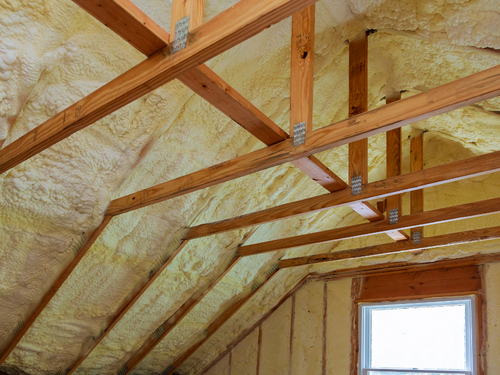
Conclusion
Let’s face it, the last thing you want is to go through is damage to your home and very expensive disruption to your life. And we know that winter storms and long, freezing cold fronts can do lots of damage. So learn how to winterize a home by following the tips above. With a little elbow grease, you can safeguard your home from cranky “old man winter.”
Call 1-Tom-Plumber if You Need More Help
Don’t hesitate to contact us here or call us at 1-Tom-Plumber (1-866-758-6237). We will immediately handle any emergency plumbing, drain cleaning and drain clearing, and water damage problem, including excavation of underground water lines and sewer main lines.

